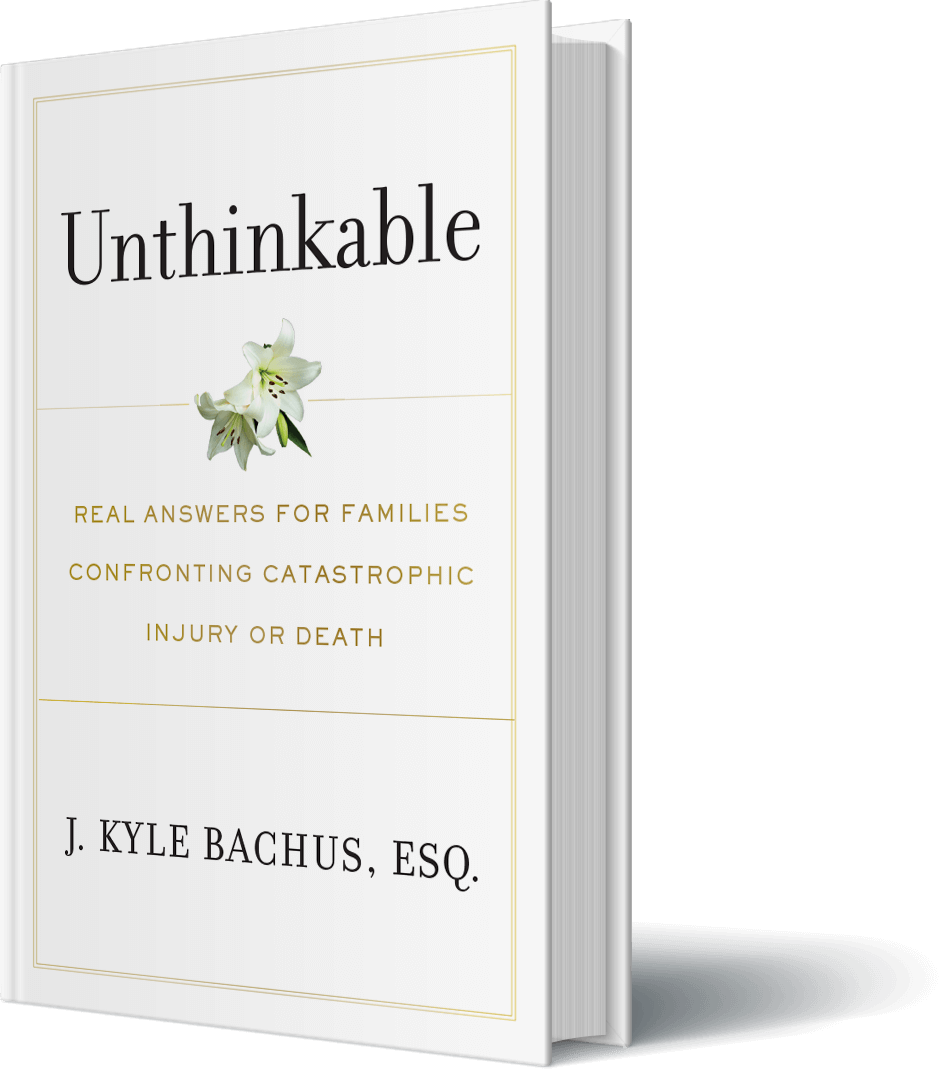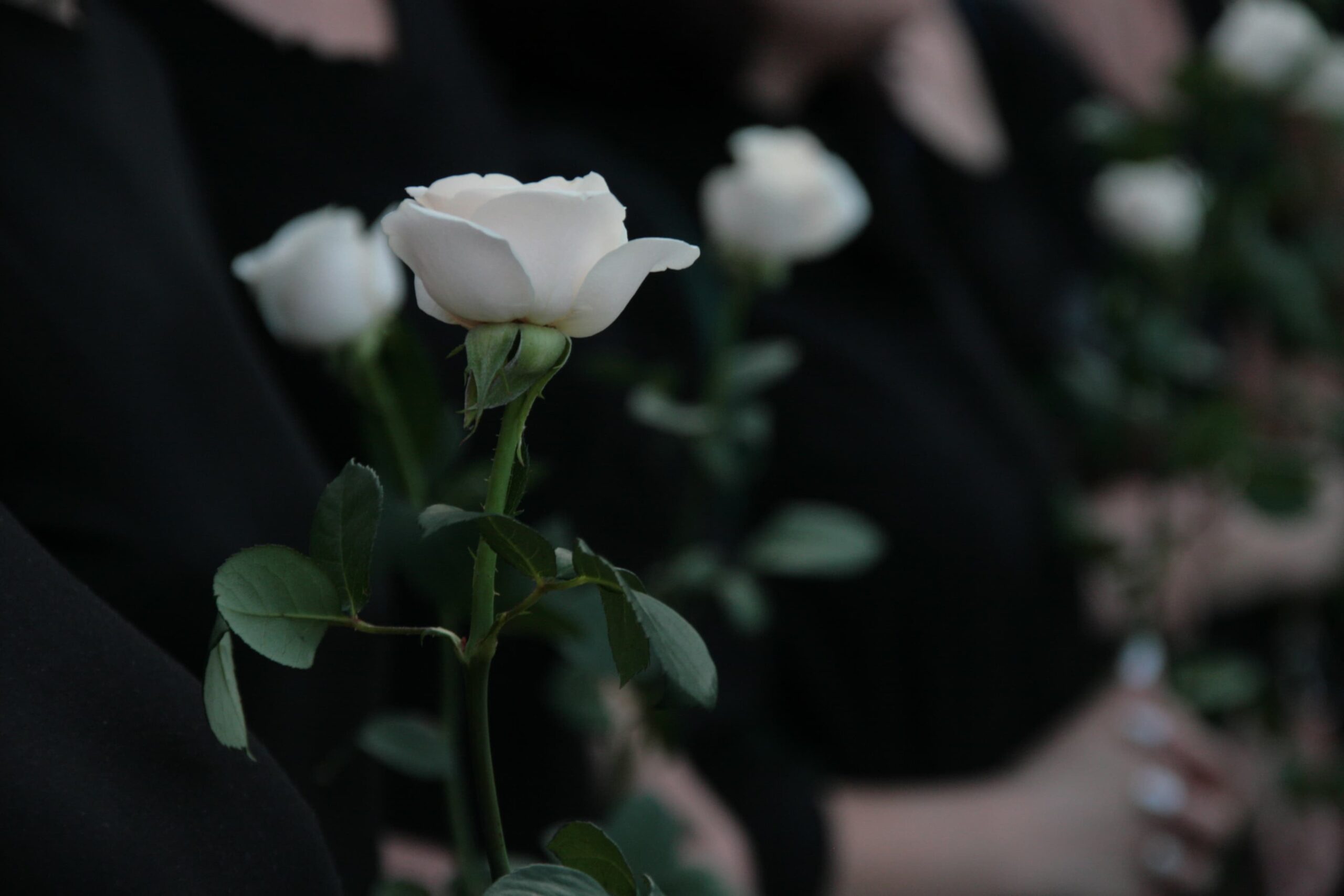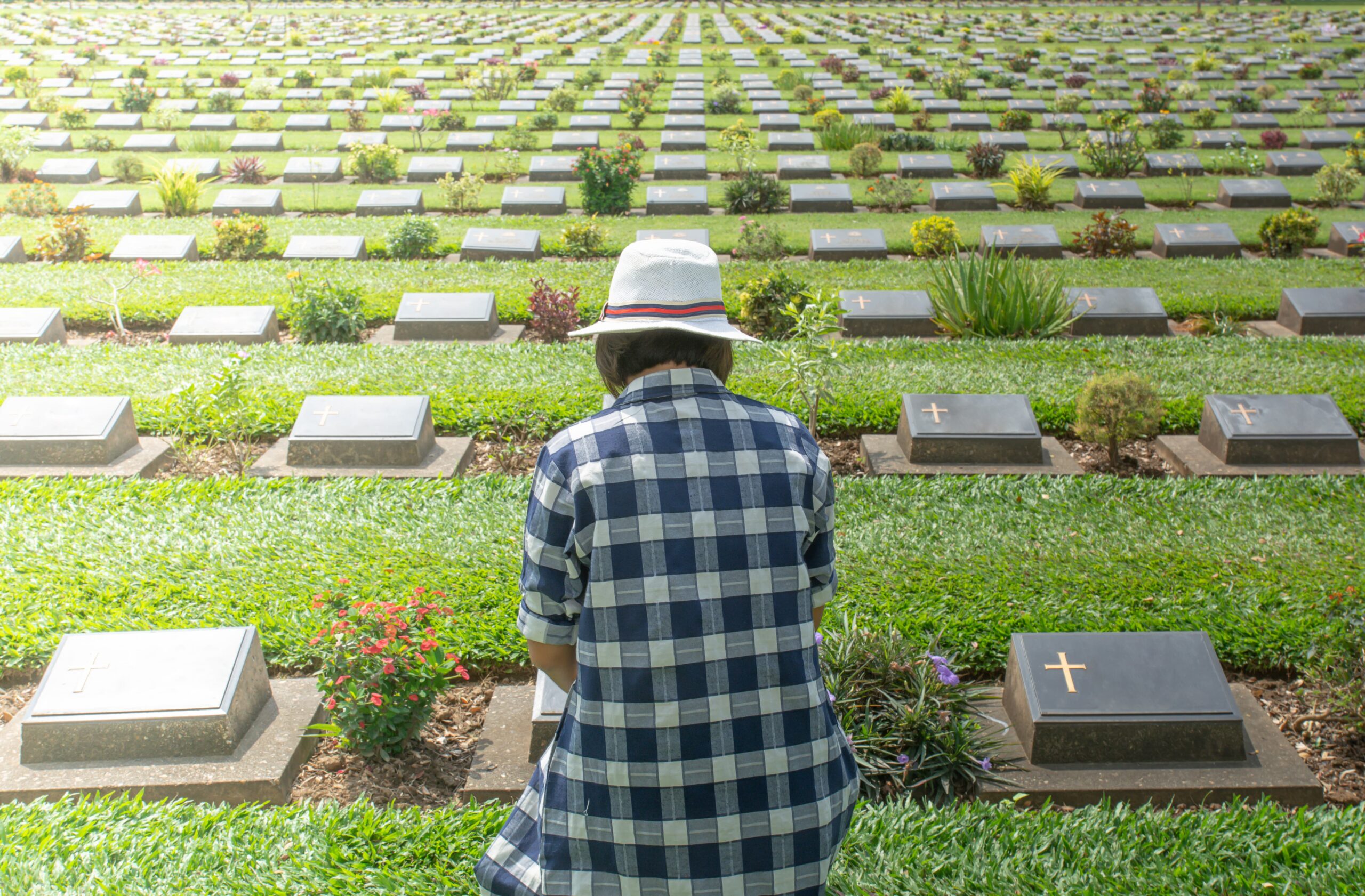10 Things To Know About How Colorado Wrongful Death Lawsuits Work
When you lose a loved one to wrongful death, it can be devastating for the whole family. However, you may bring a lawsuit to receive the financial compensation you need and deserve. Lawsuits are complex. Whether you’re brand new to the legal system or only somewhat familiar, it’s essential to know what to expect in the days and weeks ahead. Bachus & Schanker’s Elite Litigation Group of attorneys explain how a Colorado wrongful death lawsuit works.
1. The Person Seeking Compensation Must Initiate the Case
A Colorado wrongful death lawsuit begins when the victim’s family files a claim. No matter how clear it is that the defendant is in the wrong, the victim must take that first step to initiate a case. They begin by filing a summons and complaint. They must name the appropriate defendant and file the claim in the court with jurisdiction. It’s up to the family to take affirmative action in order to initiate their case before the statute of limitations runs out.
2. Who Has Standing To Bring the Claim Changes Over Time
Colorado creates two separate timelines for who may file a wrongful death lawsuit. For the first year, only the surviving spouse may file. The children may file in the first year if there is no surviving spouse or if the spouse gives permission. In the second year, the children may start a case in addition to the spouse or the personal representative. Parents have standing only if the deceased person does not have a spouse or children. Colorado law C.R.S. 13-21-2011 creates the laws for who has standing in a Colorado wrongful death lawsuit.
3. There May Be Two Different Types of Claims
There are two primary goals for wrongful death claims. First, the victim has losses that the defendant should be accountable for, like final medical bills and final expenses. Second, surviving family members have economic losses, like income, that their loved one would have earned to support them. They also have emotional anguish and grief. Colorado splits wrongful death claims into two separate categories – survival actions and wrongful death claims. Each type of case has its unique list of types of damages that may be included. Litigants can bring both types of claims. It’s crucial to plead the correct type of damages for each of the different types of cases.
4. Economic Damages Are Unlimited
There is no limit to the amount of economic damages that a plaintiff can receive in a wrongful death claim. C.R.S. 13-21-2032 says that the jury may award the damages they deem fair and just. Medical bills, funeral expenses and the like may be recovered in full. Even though there are caps to non-economic damages, these limits apply on top of unlimited economic damages, whatever those may be. The only situation where there is a limit to economic damages is when the victim does not have a surviving family.
5. Non-Economic Damages Are Limited
Although there is no limit to economic damages, there is a limit to non-economic damages. Non-economic damages include:
- Grief of family members
- Emotional anguish
- Pain and suffering
- Loss of consortium
Colorado law sets a statutory amount that can be claimed in non-economic damages. The number is periodically adjusted. Although there is a cap, it is a significant amount. If the jury awards more than the statutory limit for non-economic damages, the court reduces the award to the maximum.
6. Exemplary Damages Awarded Must Be Specially Pleaded
When a death occurs because of conduct that is particularly egregious on the part of a defendant, there is a process to hold them accountable. The defendant may have to pay exemplary or punitive damages. These damages are paid to the plaintiff, but their real purpose is to punish the defendant for willful or wanton misconduct or fraud. If exemplary damages are appropriate, the victim must file their claim and then move to amend to add exemplary damages. The courts freely allow the amendment with a basic showing that it is appropriate under the circumstances.
7. The Plaintiffs Decide How To Resolve the Case
The plaintiff in a wrongful death lawsuit makes significant decisions throughout the case. Of course, if victims had survived, they would be the ones in charge of their own lawsuit. In wrongful death cases, the plaintiff makes these decisions. For example, if there is a settlement offer on the table, the plaintiff decides whether to accept it or go to trial. The judge can’t force a settlement. The plaintiff can be and should be an active part of the litigation process in order to guide the case to the appropriate conclusion.
8. A Wrongful Death Case Is Civil and Jail Time Is Not a Possibility
Wrongful death cases are civil cases. That means jail time is not a possibility. The defendant is not going to end up with a criminal record in the end. Of course, the defendant may also face criminal charges, but they are brought in a separate proceeding. An attorney that represents the state decides whether criminal charges are appropriate. However, the victim’s family or personal representative makes their own decision to pursue a wrongful death civil claim regardless of whether or not there are criminal charges.
9. Proceeds Must Be Split Between a Spouse and Children
Compensation from a wrongful death claim often needs to be divided between a spouse and children. That’s possible, and it’s even required. If the spouse initiates the lawsuit, the children may still have a right to a portion of the judgment and vice versa. Colorado law creates standards for how to split proceeds between family members. The courts rely on inheritance and succession laws in order to make these determinations. It’s important to work quickly with your attorney to make sure that your rights are protected.
10. Rules for Civil Litigation Apply
Because a wrongful death lawsuit is civil litigation, all the rules for bringing a civil claim apply. The plaintiff may need to understand and comply with a myriad of procedural rules and regulations, including:
- Civil procedure
- Evidence rules
- Jurisdiction
- Jury instructions
- Court scheduling orders and local procedure
- Filing requirements
- Jury demands
Even a strong case can get derailed because of failing to understand or comply with the legal steps involved in bringing a claim. On the other hand, understanding court procedure can put you in a position to reach a just resolution.
Attorneys for Wrongful Death Lawsuits
Have you lost a loved one because of the actions of another person? You may have a right to financial compensation. Contact our Elite Litigation Group of attorneys for wrongful death lawsuits to talk about your rights. We’ll explain how a wrongful death lawsuit works and what you need to know about pursuing compensation.







